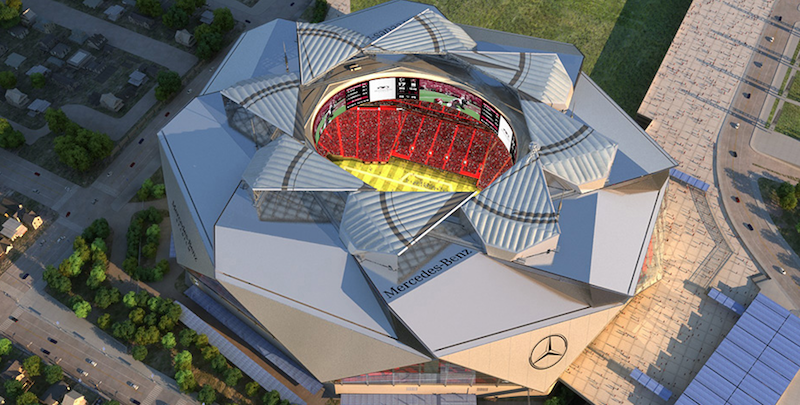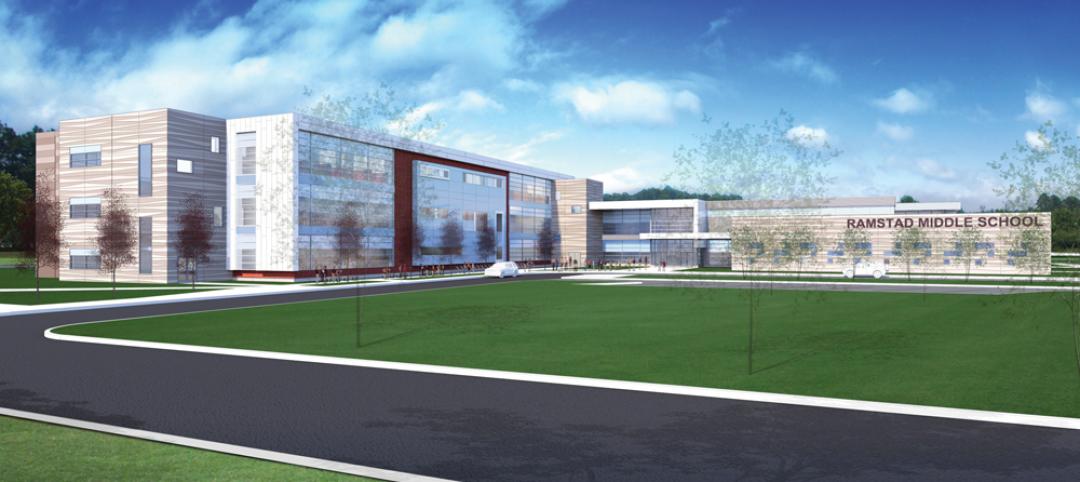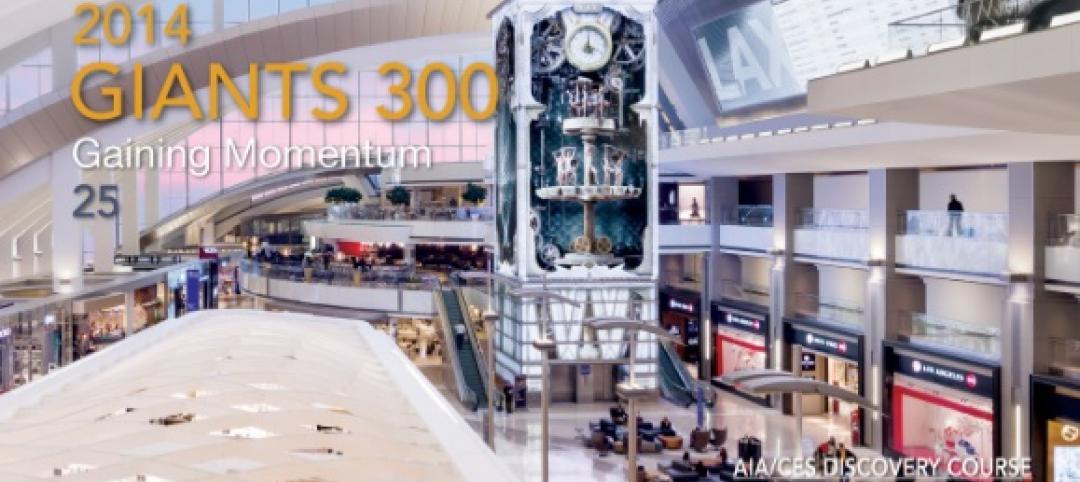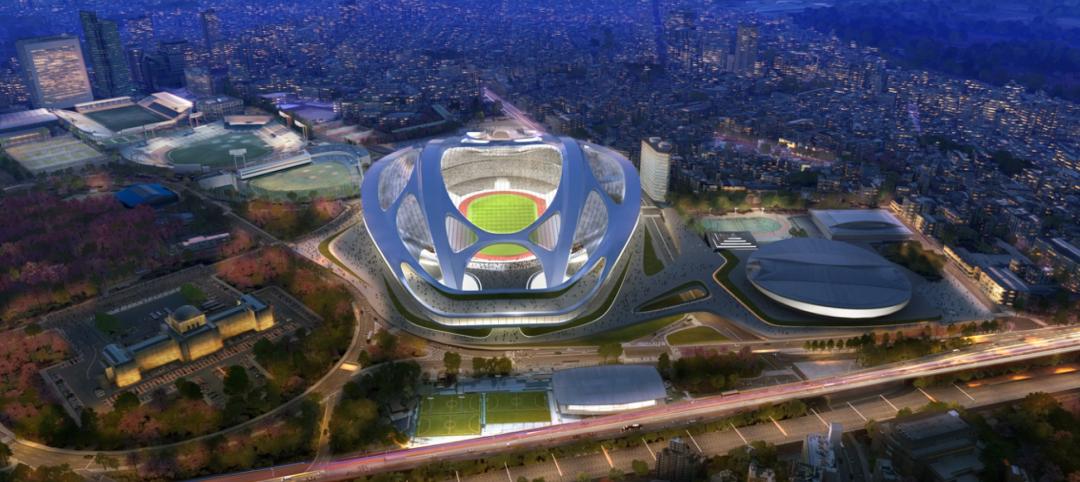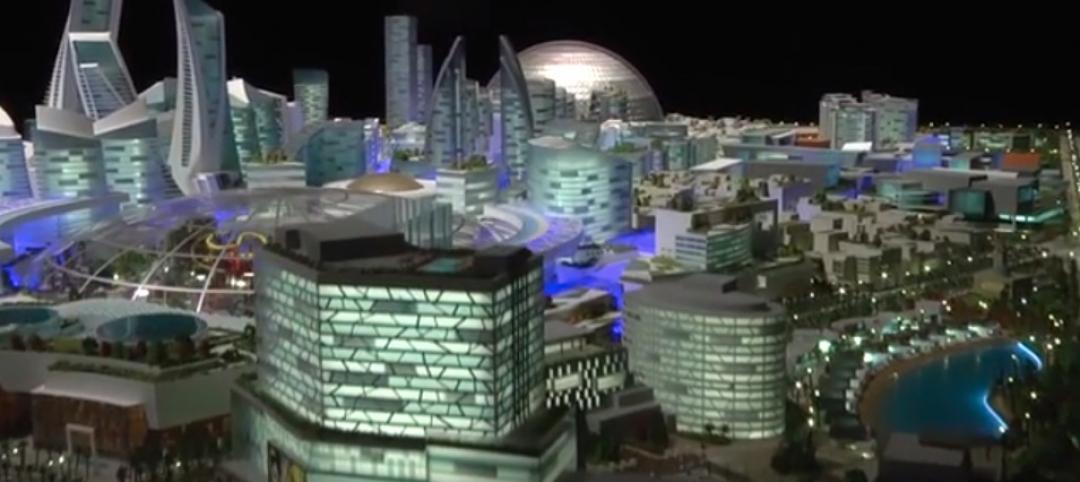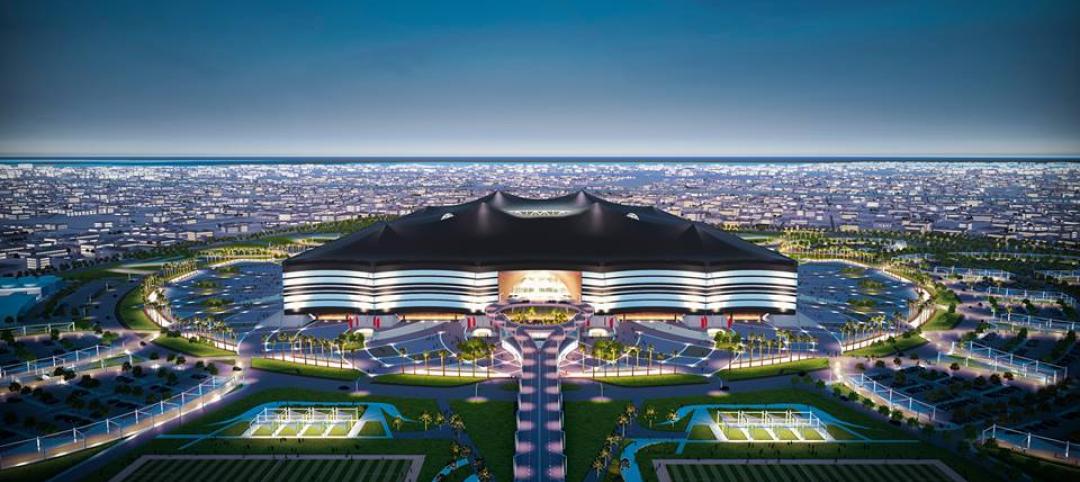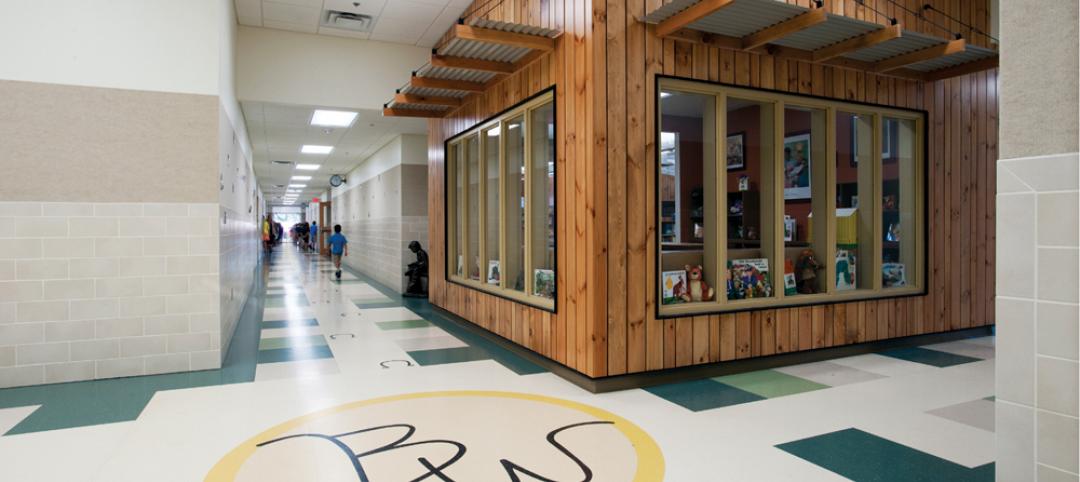Mercedes-Benz Stadium is destined to become one of the best and most visually striking stadiums in sports when it finally opens. When the stadium will open, however, is starting to become a talking point, as the date has been pushed back again to Aug. 26.
The $1.6 billion-stadium, designed by HOK, was originally planned to open on March 1, 2017. Since that time the opening has been delayed three times to June 1, 2017, then to July 30, 2017, and more recently (and hopefully finally) to Aug. 26, 2017.
Originally, it was thought the delays were related to issues with getting the unique retractable roof to work correctly. While retractable roofs aren’t new to sports stadiums, most slide open like a large garage door. The roof of Mercedes-Benz Stadium takes a more complicated approach and opens in a circular motion, more closely resembling a blooming flower than a garage door.
Steve Cannon, CEO of AMB Group, the stadium’s owner, addressed concerns about the roof in a statement after the most recent delay. “No concerns about the operability of the roof have ever been expressed to us by the design or construction teams,” Cannon said in the statement.
Cannon went on to explain the reason for the delays. “Normal surveying and analysis of the roof structure, as well as steelwork in the roof, have both taken longer than planned. Those two things have had a cascading effect on overall workflows related to the roof, and that is the reason for the new timeline.”
The 71,000-seat stadium will be home to the Atlanta Falcons and the Atlanta United. It will also host the NCAA Peach Bowl and the Celebration Bowl. The stadium will host Super Bowl LIII on Feb. 3, 2019.
HOK collaborated on the design with tvsdesign, Goode Van Slyke Architecture, and Stanley Beaman & Sears. BuroHappold Engineering and Hoberman Associates handled structural engineer duties for the project.
Related Stories
| Jul 18, 2014
Top Architecture Firms [2014 Giants 300 Report]
Gensler, Perkins+Will, NBBJ top Building Design+Construction's 2014 ranking of the largest architecture firms in the United States.
| Jul 18, 2014
2014 Giants 300 Report
Building Design+Construction magazine's annual ranking the nation's largest architecture, engineering, and construction firms in the U.S.
| Jul 17, 2014
A new, vibrant waterfront for the capital
Plans to improve Washington D.C.'s Potomac River waterfront by Maine Ave. have been discussed for years. Finally, The Wharf has started its first phase of construction.
| Jul 8, 2014
Does Zaha Hadid’s Tokyo Olympic Stadium have a design flaw?
After being criticized for the cost and size of her stadium design for the 2020 Olympics in Tokyo, a Japanese architect points out a major design flaw in the stadium that may endanger the spectators.
| Jul 8, 2014
Frank Lloyd Wright's posthumous gas station opens in Buffalo
Eighty-seven years after Frank Lloyd Wright designed an ornamental gas station for the city of Buffalo, the structure has been built and opened to the public—inside an auto museum.
| Jul 7, 2014
7 emerging design trends in brick buildings
From wild architectural shapes to unique color blends and pattern arrangements, these projects demonstrate the design possibilities of brick.
| Jul 7, 2014
A climate-controlled city is Dubai's newest colossal project
To add to Dubai's already impressive portfolio of world's tallest tower and world's largest natural flower garden, Dubai Holding has plans to build the world's largest climate-controlled city.
| Jul 3, 2014
Arthur Ashe Stadium the latest to tap Birdair
The United States Tennis Association (USTA) and ROSSETTI, the architect of record for the Arthur Ashe Stadium, tapped Birdair to supply a 210,000-square-foot, PTFE membrane, retractable roof, expected to be installed by 2016.
| Jul 2, 2014
First Look: Qatar World Cup stadium design references nomadic heritage
Organizers of the Qatar 2022 World Cup, the Supreme Committee for Delivery and Legacy, recently unveiled designs for the second stadium.
| Jul 2, 2014
Emerging trends in commercial flooring
Rectangular tiles, digital graphic applications, the resurgence of terrazzo, and product transparency headline today’s commercial flooring trends.


